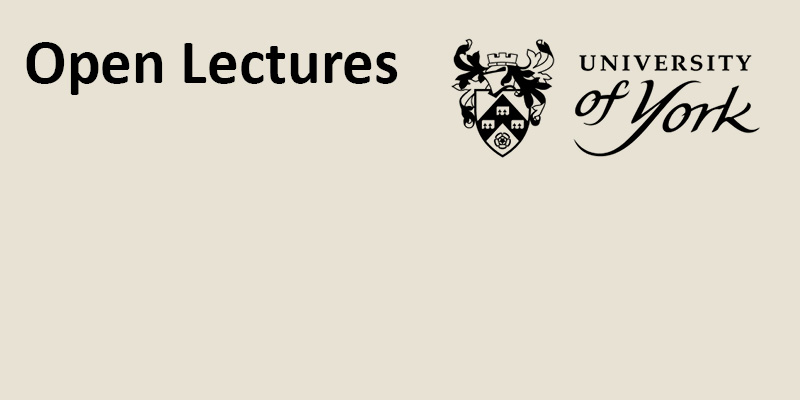
Watch again - Excavating the Sex Pistols Recorded on 23 May 2016
Event details
Research in Focus - 2016
Forty-four years ago the Sex Pistols were headline news. They managed to offend or upset just about everybody who was not, like them, punks. They poured scorn on a society that was already crumbling around the edges. They mocked the Jubilee in 1977 and promoted ‘anarchy in the UK’, pronouncing that there was ‘no future in England’s dreaming’. They didn’t think a lot of the past either, their music and fashion sense deliberately and provocatively countering all that had gone before.
So it was that in 2010, John Schofield, with another archaeologist (Paul Graves-Brown), documented and then wrote about some artworks made by the band during their time living in Denmark Street in London’s Soho, under the ‘guidance’ of Svengali manager Malcolm McLaren. Publication in a leading archaeological journal followed, as did an appearance on the BBC evening news and on the front pages of most leading newspapers. The story, as they say, went viral, largely in view of the direct comparison drawn between the significance of these artworks and prehistoric cave paintings. In this talk John Schofield returned to this earlier controversy to once again discuss the Sex Pistols and their cultural contribution, as well as the reaction to this archaeological investigation. He also revealed what John Lydon (aka Johnny Rotten) thought of it all. He asked whether something so recent can be of archaeological interest, and how the heritage sector might treat such works – on a par with the best listed buildings, or as mere graffiti?